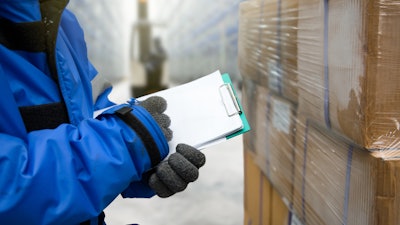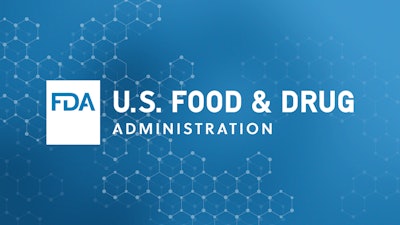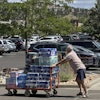
On March 17, 2020, the U.S. Food and Drug Administration (FDA) issued guidance to food manufacturers and importers in response to the COVID-19 pandemic. In the guidance, FDA stated it will temporarily not enforce supplier verification onsite audit requirements for receiving facilities and importers under the Food Safety Modernization Act (FSMA) so long as other supplier verification methods are used instead.
The guidance applies to the supply chain controls and supplier verification requirements of the Preventive Controls for Human Foods (PC Human Food) rule, Preventive Controls for Animal Food (PC Animal Food) rule, and Foreign Supplier Verification Programs (FSVP) rule that require receiving facilities and importers to conduct supplier verification activities based on the hazard analysis conducted as part of their written Food Safety Plan or FSVP.

Specifically, FDA does not intend to enforce the requirement for an onsite audit in the following circumstances:
- A receiving facility or FSVP importer has determined that an onsite audit is the appropriate verification activity for an approved supplier, as reflected by its written food safety plan or FSVP;
- The supplier that is due for an onsite audit is in a region or country covered by a government travel restriction or travel advisory related to COVID-19;
- Because of the travel restriction or travel advisory, it is temporarily impracticable for the receiving facility or FSVP importer to conduct or obtain the onsite audit of the supplier; and
- The receiving facility or FSVP importer temporarily selects an alternative verification activity or activities, such as sampling and testing food or reviewing relevant food safety records, and modifies its food safety plan or FSVP to incorporate the alternative activity or activities. The alternative verification activity or activities are designed to provide temporary assurance that the hazard requiring a supply-chain-applied control (or, for FSVP, the hazard that is being controlled by the foreign supplier) has been significantly minimized or prevented during the period of onsite audit delay.
FDA expects food manufactures and FSVP importers to resume onsite audits within a reasonable period of time after it becomes practicable to conduct such audits. FDA also expects food manufactures and FSVP importers to update their food safety plans and FSVP to reflect the re-initiation of onsite audits.
FDA Stakeholder Briefing and Resources
On March 18, 2020, FDA hosted a briefing for stakeholders to discuss food safety and food supply questions related to COVID-19. FDA will provide an overview of current activities, respond to stakeholders’ concerns identified in recent days, and highlight important FDA resources in response to COVID-19 pandemic. The call was recorded and is available online.
Seth Mailhot is a Washington, D.C.-based partner with the law firm Husch Blackwell LLP. He leads the firm’s Food Safety & Regulation group.
Emily Lyons, an attorney in the Husch Blackwell LLP Washington, D.C. office, is active within the firms Food & Agribusiness practices.






















